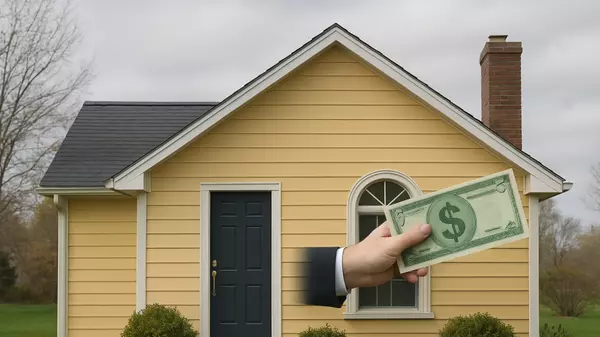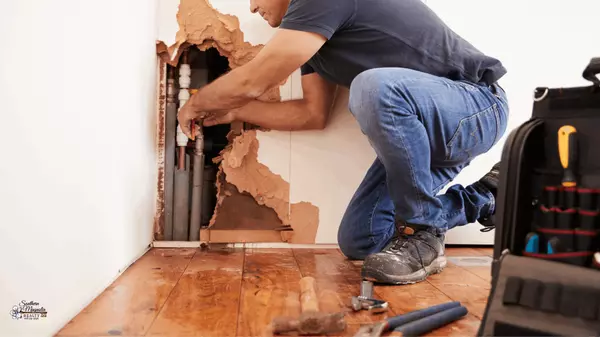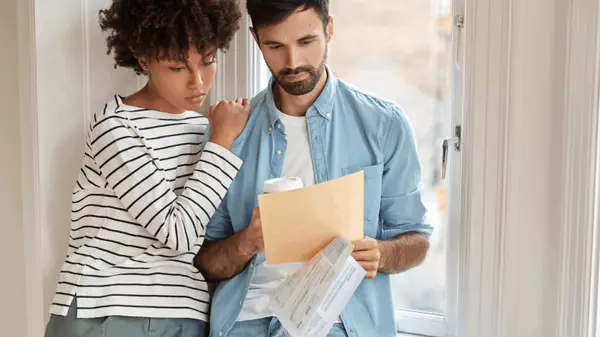10 Things to Consider When Buying a Second Home
-
Imagine waking up to spectacular views, enjoying sunny afternoons by a serene beach, or retreating to a cozy cabin in the mountains during weekends. While the idea of owning a second home is enticing, the journey is not always smooth. Many potential buyers find themselves faced with challenges such as unexpected costs, unsuitable locations, and even emotional strain over decision-making. This article will provide valuable insights on the top ten considerations when buying a second home, ensuring you make a wise investment that aligns with your lifestyle and financial goals.
A second home is typically defined as a property that you purchase in addition to your primary residence. This can be a vacation home or a property you plan to use for personal enjoyment and recreation. Understanding this definition is crucial as it can affect your financing options, tax obligations, and insurance requirements.
Unique Insights on Second Home Ownership
Not all second homes are created equal. Before diving into the buying process, it's important to recognize that the purpose of your second home will greatly influence your selection criteria. Whether you're seeking a rental property, a weekend escape, or a retirement haven, being clear about your goals will help pave the way for smarter decisions.
Top 10 Considerations When Buying a Second Home
- Location, Location, Location
Identify your primary reason for purchasing a second home. Is it for vacation? Investment? Proximity to family? Research suitable locations that fulfill your needs while predicting future growth.
- Budgeting for Purchase and Upkeep
Aside from the purchase price, consider ongoing expenses such as mortgage payments, property taxes, homeowners association fees, and maintenance costs. A comprehensive financial plan will help you avoid overstretching your budget.
- Financing Options
Explore different mortgage programs available for second homes. Some might require a higher down payment or charge higher interest rates. Getting pre-approved will simplify your search.
- Rental Potential
If you plan to rent out your second home, research the local rental market. Tools like AirDNA or local real estate listings can provide insights into average rental prices and occupancy rates.
- Property Type and Size
Choose a property type that aligns with your lifestyle. A condo may offer convenience, while a single-family home may provide more space for family gatherings. Think about your future needs, too.
- Resale Value
Consider the property's potential for appreciation. Evaluate historic trends in the area and factor in local amenities that could contribute to its market value.
- Accessibility
Think about how often you plan to use the home and how easy it is to access. Is it a short drive or a flight away? Accessibility can immensely impact your ability to enjoy the property.
- Local Regulations and Zoning Laws
Investigate local regulations as they can affect rental potential, home upgrades, and even your ability to enjoy the property as you wish.
- Home Inspection
Always conduct a thorough home inspection. This step can uncover hidden issues like structural damage or outdated systems which could require expensive repairs down the line.
- Insurance Considerations
Don’t forget about homeowners insurance! Insuring a second home may differ from a primary residence, especially if it's in a flood-prone area or subject to other natural risks.
Step-by-Step Guidance for Your Purchase
Step 1: Outline Your Objectives: Create a clear list of reasons for purchasing a second home.
Step 2: Conduct Thorough Research: Gather information on potential locations, analyze market trends, and assess local amenities.
Step 3: Set a Budget: Include all potential costs—not just the purchase price. Build a financial cushion for unforeseen expenses.
Step 4: Engage a Local Real Estate Agent: A local agent will have the expertise needed to navigate the market effectively.Step 5: Visit Potential Homes: Spend time in the areas you are considering. Get a feel for the neighborhood and the property itself.
Step 6: Assess and Compare: Weigh each property against your objectives to find the best fit.
Step 7: Secure Financing: Explore various financing options and get pre-approved for your mortgage.
Step 8: Finalize Your Purchase: Once you find the right home, make an offer, and initiate the closing process.
Are you ready to take the next step towards purchasing your second home? Call today to schedule your consultation!
Owning a second home can be rewarding and fulfilling, but approaching the process with the right insights and planning is key. Remember to stay informed, and you’ll find the perfect property that enhances your lifestyle.
Categories
Recent Posts











